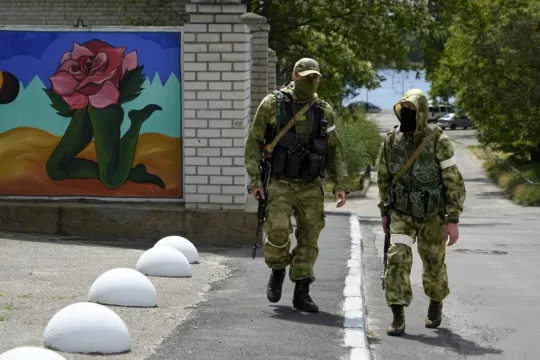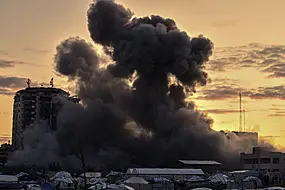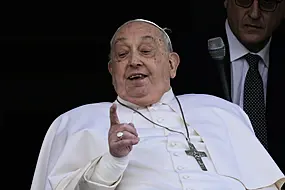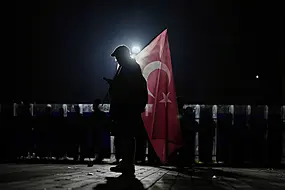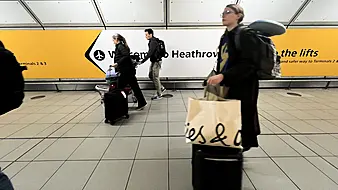Ukraine responded to Russia’s claims of withdrawing from the only regional capital it captured with scepticism, with President Volodymyr Zelensky warning the Kremlin was feigning it in order to lure the Ukrainian army into an entrenched battle.
A forced pullout from the key industrial city of Kherson would mark one of Russia’s worst setbacks in the eight-month-old war.
If confirmed, the withdrawal — in a region of the same name that Moscow illegally annexed in September — would pile on another setback to Russia’s early failed attempt to capture the capital, Kyiv, and the chaotic and hasty retreat from the administrative region around Ukraine’s second-largest city, Kharkiv, which itself never fell to the Russians.
Russian forces captured Kherson early in the invasion, which began on February 24.

Kyiv’s forces have zeroed in on the city, whose pre-war population was 280,000, and cut off supply lines in recent weeks as part of a larger counter-offensive in eastern and southern Ukraine that has pushed Russian troops out of wide swathes of territory.
Recapturing Kherson could allow Ukraine to win back lost territory in the Zaporizhzhia region and other southern areas, including Crimea, which Russia illegally seized in 2014. A Russian retreat is almost certain to raise domestic pressure on the Kremlin to escalate the conflict.
Speaking in a stern tone and with a steely face on Russian TV, Moscow’s top military commander in Ukraine pointed to a blurred map as he reported to Defence Minister Sergei Shoigu on Wednesday that it was impossible to supply the city of Kherson and that its defence would be “futile”.
General Sergei Surovikin said that 115,000 people had been relocated because their “lives are constantly in danger” and proposed a military retreat “in the near future” to the opposite bank of the Dnieper River from where Kherson lies.

Mr Shoigu agreed with Mr Surovikin’s assessment and ordered him to “start with the withdrawal of troops and take all measures to ensure the safe transfer of personnel, weapons and equipment across the Dnieper River”.
Ukrainian presidential adviser Mykhailo Podolyak told The Associated Press: “So far, we do not see any signs that Russia is completely leaving the city, which means that these statements may be disinformation.”
Yaroslav Yanushevych, Kherson’s Ukrainian-appointed governor, called on residents “not to give in to euphoria” just yet. Another Ukrainian-appointed Kherson regional official, Serhii Khlan, told reporters that Russian forces had blown up five bridges to slow Kyiv’s forces.
Military analyst Oleg Zhdanov said Russia’s announced retreat “could very well be an ambush and a Russian trap to force the Ukrainians to go on the offensive, force them to penetrate the Russian defences, and in response to strike with a powerful blow from the flanks”.
After a day of his aides’ observations about the announced retreat and a meeting he held with his senior military staff in Kyiv, Mr Zelensky did not directly comment, saying in his nightly video address: “Our emotions must be restrained — always during war. I will definitely not feed the enemy all the details of our operations… When we have our result, everyone will see it.”
